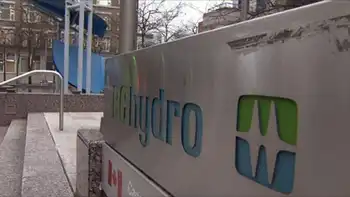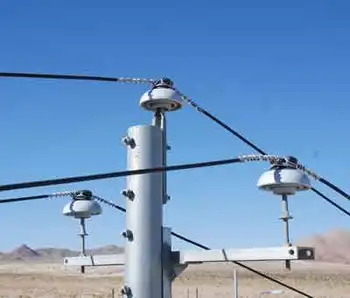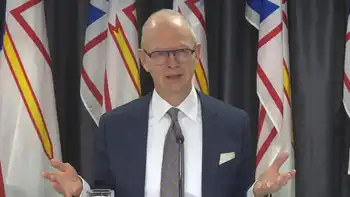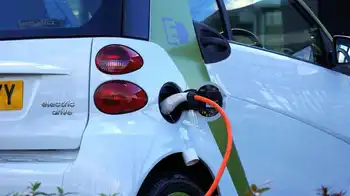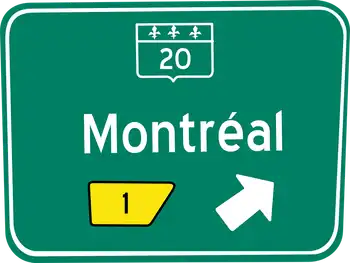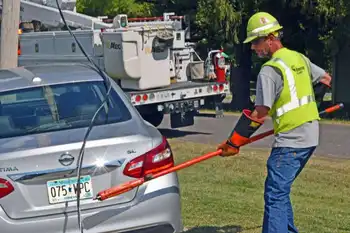What happens when your e-car runs out of e-juice?
By Vancouver Sun
Arc Flash Training CSA Z462 - Electrical Safety Essentials
Our customized live online or in‑person group training can be delivered to your staff at your location.

- Live Online
- 6 hours Instructor-led
- Group Training Available
Chances are you haven't heard of it, given there are only a handful of electric cars in the city. But one of the great barriers to the green dream of an electric-car future is anxiety over the car's limited range. Once you hit the road, will your battery run out of juice before you find a place to plug in and power up?
Range anxiety, as automakers term it, is one of the biggest hurdles Vancouver Mayor Gregor Robertson faces in plans to put his city at the forefront of the e-car revolution. In a bold move, he's supporting a proposal to order e-car fuelling stations installed in new condo developments, city parking lots and on some streets.
It's certainly a great, green experiment, putting Vancouver in lock-step with San Francisco in finding alternatives to greenhouse-gas-emitting automobiles. It also fits in with the mayor's plans to make Vancouver Canada's greenest city.
We've probably got enough hydro electricity for drivers to plug in, too, though BC Hydro cautions it needs studying. What happens if everyone arrives home after work and plugs in at dinnertime, overloading the grid at its peak load? Conversely, if the e-drivers do plug in after they get home, could they feed their leftover juice back to the grid, right when it needs a boost, and recharge their cars later?
Electric cars wouldn't just have a near-zero carbon footprint, they'd be cheaper to run, too. The Tesla Roadster, a high-end electric car selling for $70,000, costs less than a penny per kilometre. A conventional car of similar size runs at about 10 cents a kilometre.
But let's get back to range anxiety. Automakers still fear it could kill the electric car. Without an easy way to refuel on a long trip, say more than 200 kilometres, consumers won't buy in.
The dilemma was outlined by Toyota's John Hanson recently in the Sunday New York Times Magazine: "People say, 'If you build it they will buy it,' but we don't know. Can we sell these in significant volume? Significant volume is important so that the manufacturer can make a profit, and you need significant volume if you're going to have a positive effect on the environment."
So, to give e-cars mass appeal there needs to be a way of fast-tracking construction of a refuelling network.
There may be a way to do that.
Back to San Francisco. That city's mayor, Gavin Newsom, has sought out private partnerships with companies willing to build his city a broad network of electric-car refuelling stations.
The most promising is with the Palo Alto-based company called Better Place. It promises to cure range anxiety by building $1-billion worth of e-fuel stations supplying electricity and even batteries. Better Place — already building similar networks in Israel, Australia and Denmark — envisions making its money back from e-drivers subscribing to e-fuelling services. It's sort of like buying packages from cellphone companies, though in the case of e-drivers, they would be buying electricity.
Vancouver, a city of 600,000, can't operate on San Francisco's scale, of course. Or can it?
If Mayor Robertson could get all of Metro Vancouver behind his green dream he'd have a market of 2.3 million. With that, he just might have a market big enough to attract private investors and really kick-start Canada's electric car revolution.
But Vancouver had better act fast to brand itself with this idea. Better Place has already established a head office in Toronto. And Ontario Premier Dalton McGuinty has already endorsed a demonstration project to put e-cars on the streets of Canada's largest city. That was five months ago.





